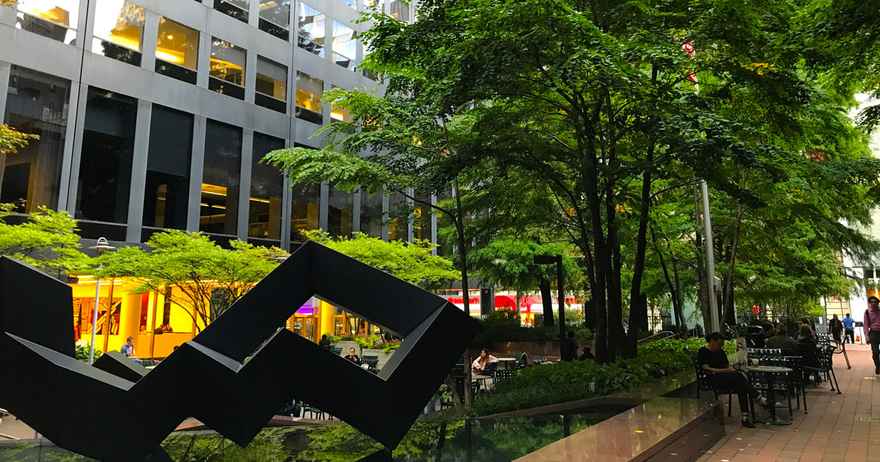Why do we need whole systems design skills?

by Daniel Wahl
The Gaia Education ‘Design for Sustainability‘ (GEDS) course is structured around the whole system design framework that informs all of Gaia Education’s courses. It integrates four dimensions: social, economic, ecological and worldview and aims for systemic win-win-win solutions by design.
The material presented in the GEDS online course could be called a foundational training for people who want to play an active part in the Regeneration rising. It offers a systemic overview of the complexity of interrelated factors and issues that have to come together in regenerative development.
What is unique about this course is the breadth of subjects, institutions, networks, frameworks of thought, processes, facilitation tools etc it integrates in one map. Each of the four dimensions comes with its own online curriculum text supported by videos, articles, organisations, references that are all hyperlinked. The reading material of each of the four dimensions is equivalent of a book of 120 to 160 pages; and much more if you follow all the references.

The international learning community that comes together asynchronously with occasional conference calls to meet the online tutors supports each other and enhances everyone’s learning.
Once people have covered all four dimensions they come together in the final dimension – the Design Studio – to collaborate as online teams in applying what they learned through co-creating a detailed design for a community, social enterprise, education centre, co-housing, cooperative, CSA scheme, transition neighbourhood, … you name it!

Even if your are an expert in one or two of the areas on this map, say permaculture, complementary currency design, or building reedbed sewage treatment systems, you are unlikely to have tracked all the streams that flow together in the GEDS.
From Process Oriented Psychology (PoP), Sociocracy, NVC, Integral Theory, Holistic Science, Bioregional Planning, Ecological Design, the transformation of consciousness, The Way of Council, Pilgrimage, Deep Ecology, Ecological Economics, alternative indicators, P2P, open source ecology, The Commons, participatory budgeting, regenerative agriculture… the GEDS offers a first introduction and synthesis of key contributions of many of the piece in the puzzle of regeneration.
There are now graduates from different Gaia Education course in more than 125 countries from 5 continents. The GEDS always brings together a very diverse international cohort that on graduation joins the Gaia Education family around the world.
Many great education, community, consultancy, cooperative, organic farming, and ecovillage projects and successful businesses have been started by people in that family. Some participants choose to continue with the other courses on Gaia Education’s professional pathway to become official Gaia Education certified trainers and start their career as educators in life-long learning and community capacity building.

The next edition of the Design for Sustainability online course will start on 15 October 2018. Learn more and register here



0 comments
Leave a comment